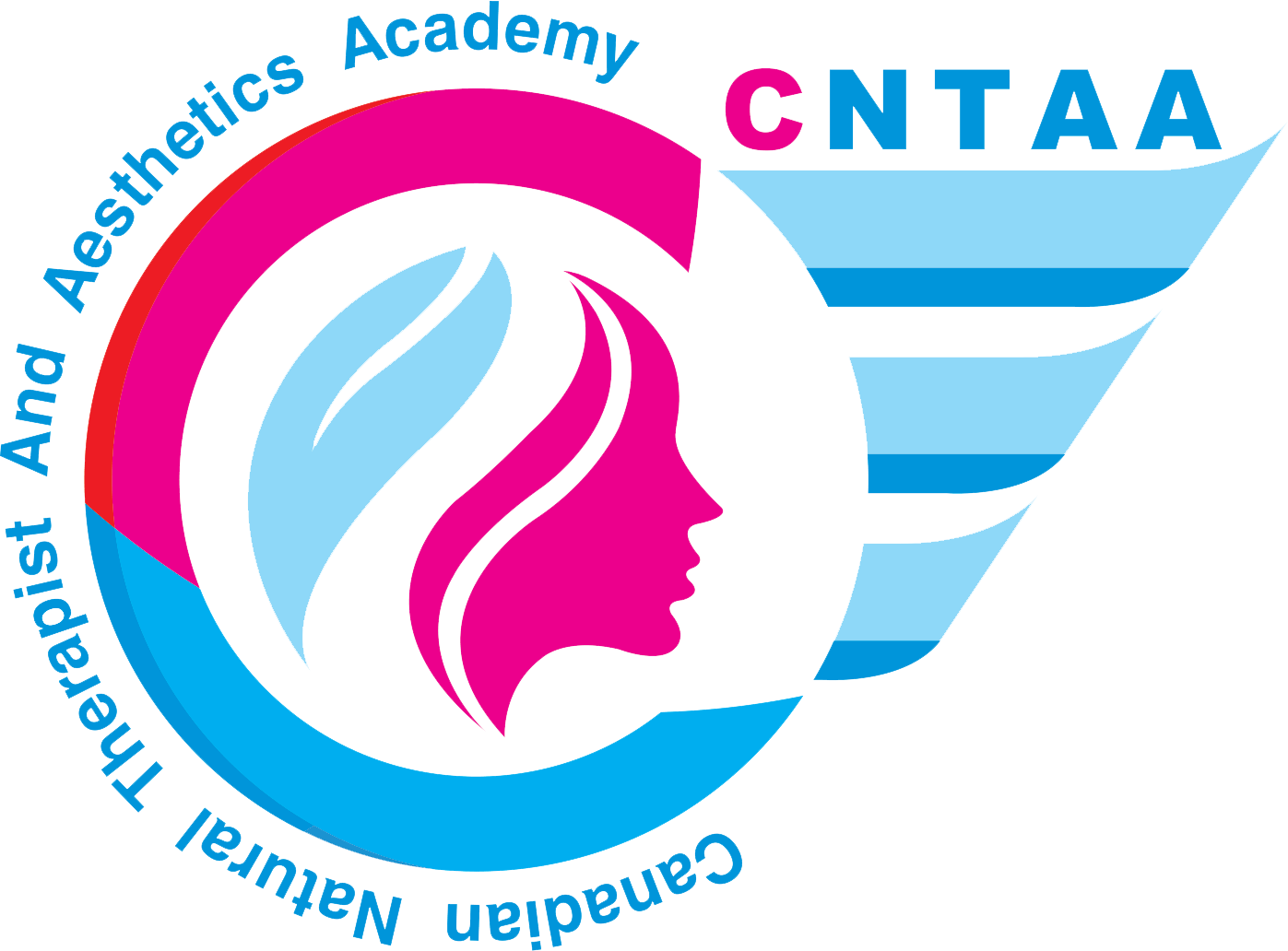Admission Requirements
Admission requirements are requirements or qualifications that students must meet in order for them to demonstrate the potential to successfully complete a program at a PCC (e.g., high school diploma, proficiency in English).
Students enrolled in a PCC program are required to meet or exceed the admission requirements set out in Ontario Regulation 415/06, Section 19 before they begin a program. Unless a PCC is approved to do so by the Superintendent, a PCC cannot establish an admission requirement that is less than following:
- An Ontario Secondary School Diploma or equivalent, or
- Students are 18 years of age or older and pass a qualifying test that has been approved by the Superintendent, or
- Meet other academic qualifications or minimum age requirements established as a condition of the Superintendent’s approval of the program, and
- Have met all additional admission requirements established by the PCC for the program
PCCs can admit students who do not meet the admission requirements of a program on a provisional basis (e.g., sign a contract for the delivery of a program). However, students are entitled to a full refund of fees paid for a program, minus 20% of the total fees for the program or $500, whichever is less, if they do not meet the program’s admission requirements when the program begins
ADMISSION PROCESS
Complete an Application for Admission
Bring your completed application to your interview or email it to
info@cntaacollege.com
Register
Upon review of your application and acceptance into the college, you are now ready to register for your career training.
Interview & campus tour
Meet with one of our helpful admissions representatives to assess your options and determine how to start your successful career training. In this interview we encourage you to bring a spouse/partner, family member or friend who will be supporting you throughout your training process. We will also discuss all financial options with you. We offer an interest-free payment plan, scholarships or advanced standing to those students who qualify.
FINANCIAL AID
CNTAA will work with each potential student to choose the best payment option.
Interest-Free Payment Plans: all students are eligible for our in-house financing. This allows you to break down your tuition payments monthly on basis of course for the length of your program with zero interest for more information ask for one of our registrars.
Student Loans and Lines of Credit: Financial institutions offer loans or lines of credit for students enrolled in full-time programs. For more information, visit your financial institution for a list of their financial aid and criteria Cntaa supports government-funded programs, other funding organizations, or in-house financing through monthly tuition payments. We are not OSAP-funded. Tuition fees are tax-deductible.
The following information was taken from each individual financial institution’s website. We cannot guarantee that it is the most recent information they have posted.
- Bank of Montreal’s Brain Money Program
For more information, visit www4.bmo.com/personal/0,2273,35649_36829,00.html - Royal Bank – Royal Line of Credit
Visit www.rbcroyalbank.com/products/personalloans/student_line_of_credit.html - TD Canada Trust Student Line of Credit
For more information, visit www.tdcanadatrust.com/student/stline.jsp - Scotiabank
Visit www.scotiabank.com/cda/content/0,1608,CID7362_LIDen,00.html - CIBC
For more information, visit https://www.cibc.com/ca/loans/student-loc.html
Second Career – Are you Laid Off? Looking for a new career?
You may be eligible for funding for your esthetics education at National Institute of Esthetics, through the Ontario government’s Second Career program:
- Train for a new career
- Find out what is needed in the job market
- Learn about careers that build on your skills
- Get financial support
If you are an unemployed worker who has been laid-off and you are interested in training for your next career, you may be eligible for government funding for your esthetics education. The Second Career initiative helps unemployed workers who commit to a long-term training plan make the transition to new careers in growing areas of the economy. www.tcu.gov.on.ca/eng/secondcareer/
Student Awards, Scholarships and Grants
There are many awards, scholarships and grants available – visit this website to see if you qualify: http://www.studentawards.com/canlearn/
Employment Ontario: Second Careers is a government funded program which allows eligible candidates to go back to school on a grant. To find out more details and to determine if you can qualify, please visit www.ontario.ca/employment or www.secondcareerontario.com or call 1-800-387-5656. Alternatively, Lifelong Learning Program: The Lifelong Learning Plan (LLP) allows you to withdraw amounts from your RRSPs to finance full-time training or education for you or your spouse or common-law partner (some restrictions apply). For more information please visit www.cra.gc.ca
Workplace Safety and Insurance Board (WSIB): this program assists eligible candidates with rehabilitation, retraining and educational upgrading. Please visit www.wsib.on.ca to see if you qualify.
External Scholarships: Many organizations provide grants and scholarships. Please speak to your caseworker to get more information.
Aboriginal/First Nations: Aboriginal Affairs and Northern Development Canada (AANDC) has two funding programs that provide financial assistance for eligible Indian Status and Inuit students. For more information visit http://www.aadnc-aandc.gc.ca/eng.



